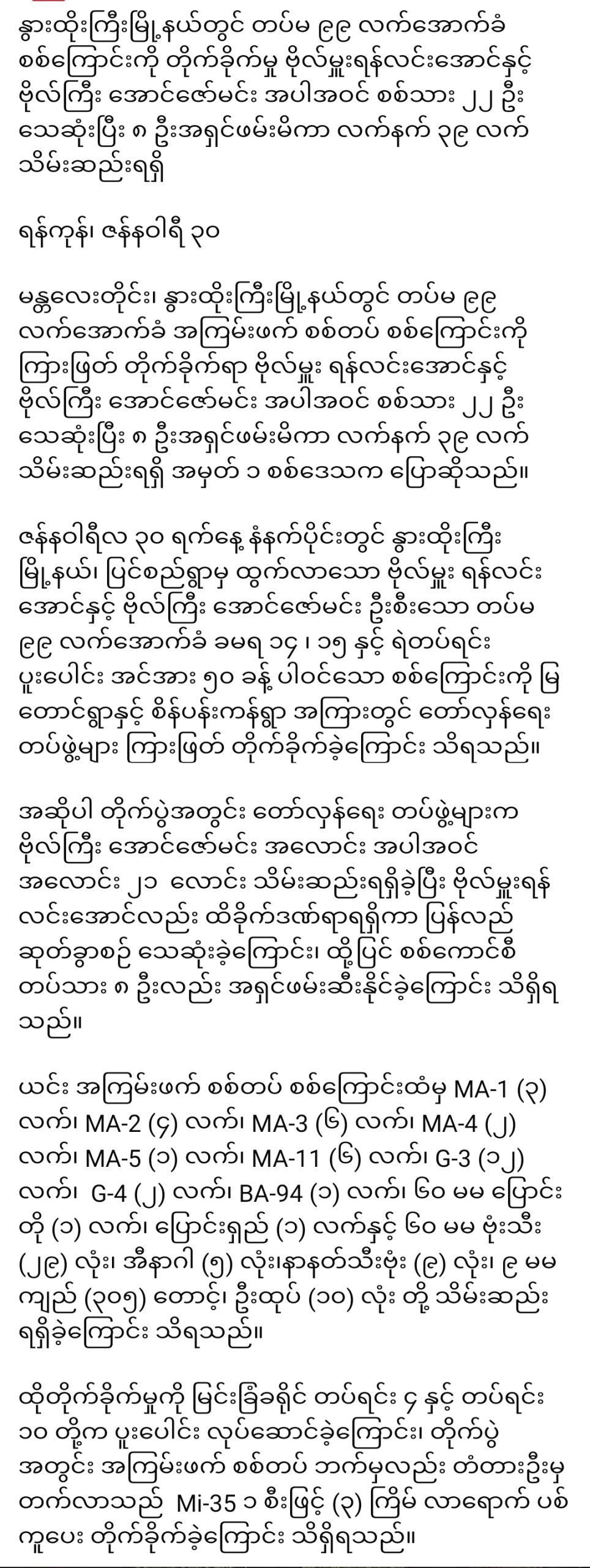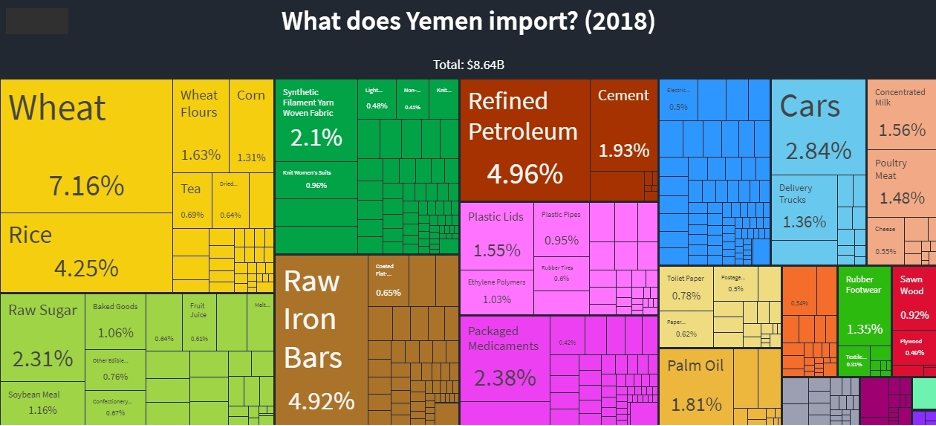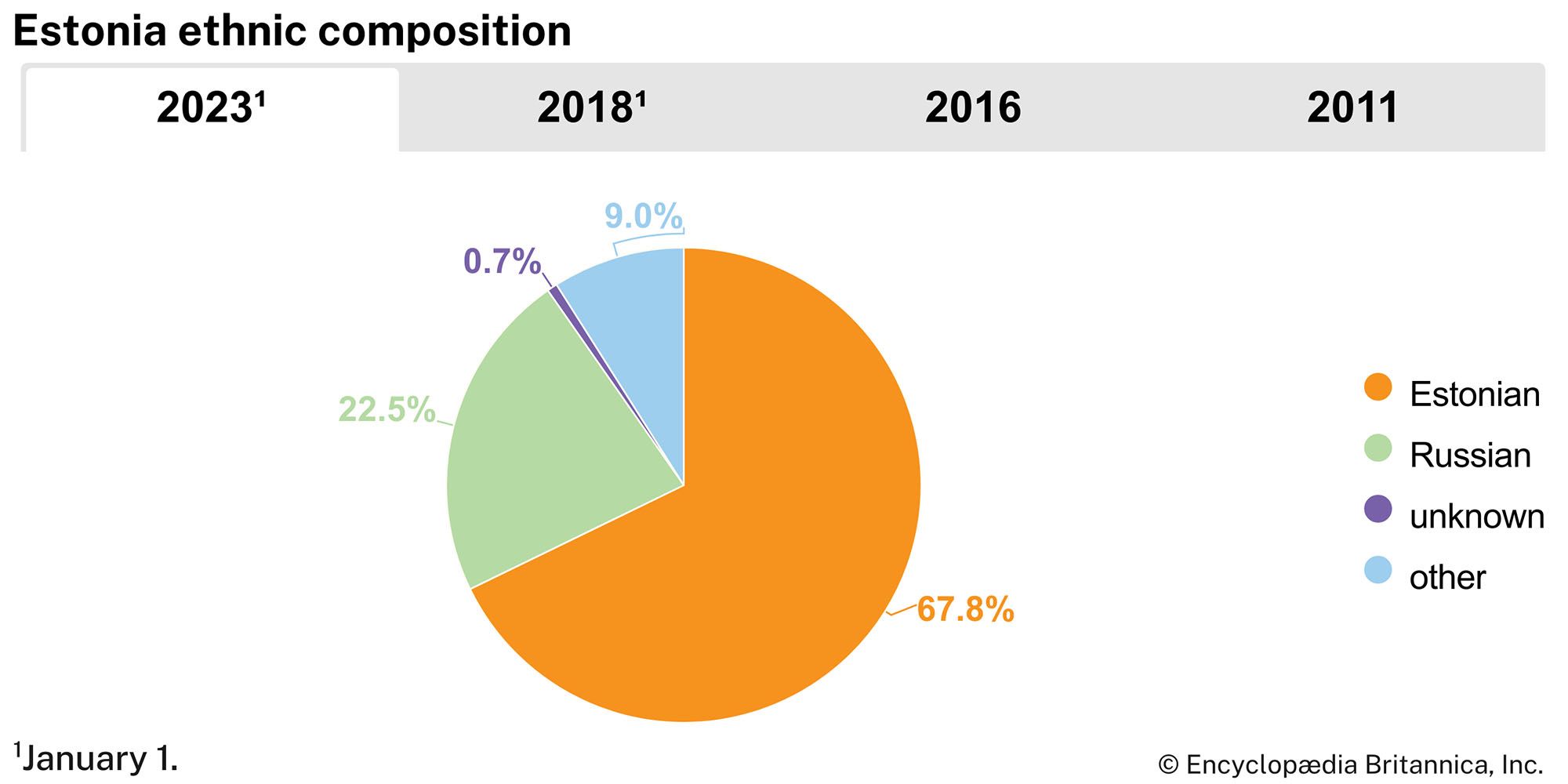
Yemen’s Main Imported Goods
Yemen, a country located in the Arabian Peninsula, heavily relies on imports due to ongoing conflicts, economic instability, and limited domestic production. The nation’s import sector is primarily driven by essential goods, including food, fuel, and industrial materials. Below is an overview of Yemen’s main imported goods:
1. Food and Agricultural Products
Due to Yemen’s dependence on imports for food security, agricultural products form a significant portion of its imports. Key food imports include:
Wheat and Cereals – Yemen imports large quantities of wheat, mainly from Russia, Ukraine, and the United States, as domestic production is insufficient.
Rice – A staple in Yemeni households, primarily sourced from India, Thailand, and Vietnam.
Sugar – Yemen relies on sugar imports for domestic consumption and industrial use.
Cooking Oil – Vegetable oils, including palm and sunflower oil, are heavily imported from Malaysia and Indonesia.
Dairy Products – Powdered milk and other dairy products are imported due to limited local dairy farming.
2. Fuel and Energy Products
Despite having oil reserves, Yemen imports refined petroleum products due to the destruction of refining infrastructure.
Petrol and Diesel – Yemen imports fuel from Saudi Arabia, the UAE, and other Gulf nations to meet energy demands.
Liquefied Petroleum Gas (LPG) – Essential for cooking, LPG is imported to compensate for production shortfalls.
3. Machinery and Equipment
Industrial and construction activities rely on imported machinery, including:
Generators – Used for electricity supply due to power shortages.
Industrial Equipment – Machinery for agriculture, manufacturing, and infrastructure projects.
Vehicles and Auto Parts – Cars, trucks, and spare parts are imported mainly from Japan, South Korea, and China.
4. Medicines and Medical Supplies
Yemen depends on imported pharmaceuticals due to the fragile healthcare system.
Essential Medicines – Antibiotics, painkillers, and chronic disease medications.
Medical Equipment – Including surgical tools, hospital beds, and diagnostic devices.
5. Consumer Goods and Textiles
Consumer demand drives imports of:
Clothing and Fabrics – Imported from China, Turkey, and India.
Electronics – Mobile phones, home appliances, and computers from China and the UAE.
Conclusion
Yemen’s import sector is crucial for sustaining its population amid economic and political challenges. Food, fuel, machinery, and medical supplies dominate the country’s imports, with key trading partners including China, India, the UAE, Saudi Arabia, and Turkey. These imports are vital for Yemen’s survival and economic stability.




Leave a Reply